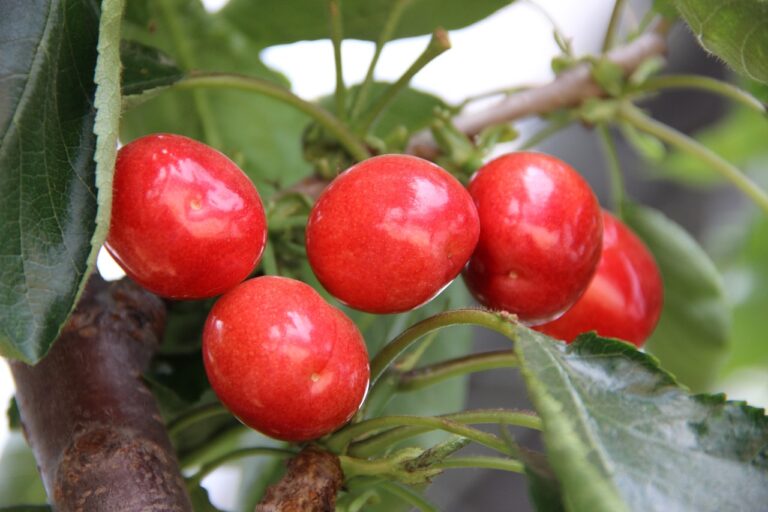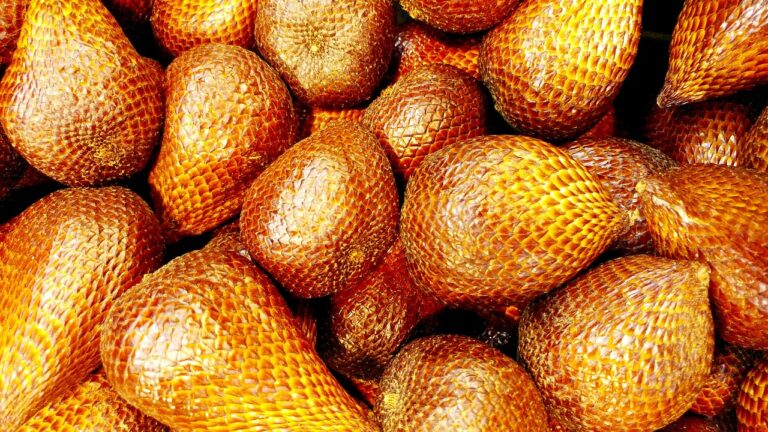Analyzing the Role of Food Exports in Promoting Environmental Conservation
skyexchange, world 777, goldbet7: Analyzing the Role of Food Exports in Promoting Environmental Conservation
In recent years, there has been a growing awareness of the impact that our food choices have on the environment. From deforestation to water pollution, the food industry is a major contributor to environmental degradation. However, there is a lesser-known aspect of the food industry that can actually play a positive role in promoting environmental conservation: food exports.
When we think of food exports, we often think of economic benefits for the exporting country. But the environmental benefits should not be overlooked. In this article, we will delve into the role of food exports in promoting environmental conservation and why it is crucial for the future of our planet.
The Environmental Impact of Food Production
Before we can understand the role of food exports in environmental conservation, it’s important to grasp the environmental impact of food production. From clearing forests for agriculture to intensive farming practices that deplete soil and water resources, the food industry is a major driver of environmental degradation.
Livestock farming, in particular, has a significant impact on the environment. The production of meat and dairy products requires large amounts of water, land, and feed. It also contributes to greenhouse gas emissions, deforestation, and water pollution. As global demand for meat and dairy products continues to rise, so does the environmental impact of livestock farming.
Food exports play a key role in this equation. By exporting food products to other countries, we are essentially exporting the environmental impact of food production. This can have both positive and negative implications for the environment, depending on how and where the food is produced.
The Role of Food Exports in Promoting Environmental Conservation
On the surface, it may seem counterintuitive to think of food exports as a tool for environmental conservation. After all, shouldn’t we be focusing on reducing consumption and production to protect the environment? While that is certainly important, food exports can also play a positive role in promoting environmental conservation for several reasons.
1. Sustainable Agriculture Practices: Many countries that export food products have implemented sustainable agriculture practices to minimize their environmental impact. From organic farming to agroforestry, these practices prioritize soil health, water conservation, and biodiversity. By exporting food products from these countries, we are indirectly supporting these sustainable practices and promoting environmental conservation on a global scale.
2. Biodiversity Conservation: Food exports can also help protect biodiversity by promoting the cultivation of diverse crops and livestock breeds. Many indigenous food products are rich in biodiversity and are well-adapted to local environmental conditions. By exporting these products, we are not only preserving traditional food cultures but also conserving biodiversity and genetic resources.
3. Reducing Food Waste: Food exports can also help reduce food waste by ensuring that surplus production is utilized rather than wasted. In many countries, food exports are an essential part of their economy, and any excess production is exported to other markets. This helps prevent food waste and ensures that resources are used efficiently.
4. Raising Awareness: Finally, food exports can raise awareness about the environmental impact of food production and consumption. By highlighting the sustainability of their products, exporting countries can educate consumers around the world about the importance of making environmentally conscious food choices.
FAQs
Q: Are all food exports environmentally friendly?
A: Not necessarily. While some food exports promote sustainable agriculture practices and biodiversity conservation, others may contribute to environmental degradation. It is important for consumers to be mindful of where their food products come from and how they are produced.
Q: How can consumers support environmentally friendly food exports?
A: Consumers can support environmentally friendly food exports by choosing products that are certified organic, fair trade, or sustainably sourced. It is also helpful to research the environmental practices of the exporting country and the specific brand or producer.
Q: What role do governments play in promoting environmentally friendly food exports?
A: Governments can incentivize sustainable agriculture practices, promote biodiversity conservation, and regulate the environmental impact of food production through policies and regulations. They can also support initiatives that raise awareness about the environmental benefits of food exports.
In conclusion, food exports can indeed play a positive role in promoting environmental conservation. By supporting sustainable agriculture practices, biodiversity conservation, and reducing food waste, food exports can help minimize the environmental impact of food production on a global scale. As consumers, it is important to be mindful of where our food products come from and how they are produced. By choosing environmentally friendly food exports, we can contribute to a more sustainable future for our planet.







